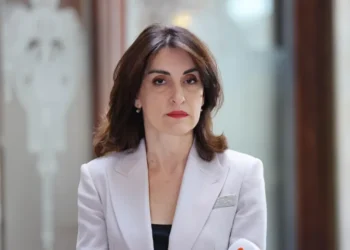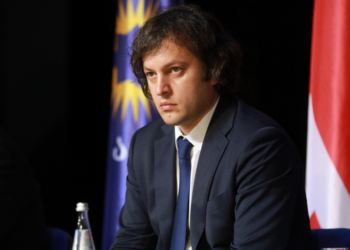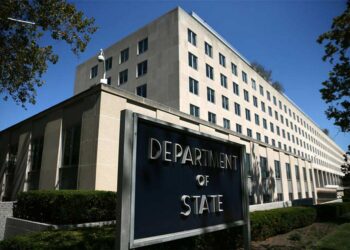As the war between Russia and Ukraine enters its 129th week, both sides continue to suffer heavy losses, while the frontline remains largely frozen in many areas. However, the past seven days have seen a spike in aerial attacks, diplomatic tensions, and renewed concerns over global security and humanitarian conditions.
Russia has launched a new wave of missile and drone strikes across Ukraine, focusing particularly on energy facilities, military depots, and port infrastructure. Ukrainian officials say more than 60 Shahed drones and over a dozen cruise missiles were fired at multiple regions, including Odesa, Kharkiv, and Dnipro. Ukraine’s air defense systems reportedly intercepted the majority, though several critical facilities sustained damage.
In Odesa, a grain terminal was partially destroyed, raising fears about further disruptions to Ukraine’s agricultural exports through the Black Sea. President Volodymyr Zelensky condemned the attacks, calling them “a direct assault on global food security.”
On the ground, Ukrainian forces continue limited counteroffensive operations in the eastern Donetsk and Luhansk regions. Ukrainian military command reports modest gains near the town of Kreminna, while Russian sources claim to have repelled several assaults in the area.
Ukrainian commanders are also warning of a potential new Russian offensive near Kupiansk, where troop concentrations and artillery fire have increased. Military analysts suggest that Russia may be seeking to regain momentum ahead of the NATO Summit.
Remnants of the Wagner Group have been spotted near Belarus’s border with Ukraine, prompting speculation about renewed paramilitary involvement in the war. Belarusian authorities deny any hostile intentions.
The upcoming NATO Summit in Washington has placed Ukraine high on the agenda. President Zelensky is expected to attend and push for stronger commitments on air defense, ammunition supplies, and long-term security guarantees.
The United States and several EU countries have already announced new aid packages this week. Germany pledged an additional €1 billion in military support, while the US reaffirmed its delivery of long-range missiles and training assistance.
Volodymyr Zelensky took a call with Donald Trump last week that focused on joint weapons production and air defense. Zelensky is in urgent need of more Patriot interceptor missiles — the only effective defense against Russian ballistic attacks and a system only the US can authorize for export. Trump had spoken the day before with German Chancellor Friedrich Merz, who has proposed purchasing Patriots from the US to send to Ukraine. The developments were significant enough for Zelensky to describe the call with Trump as “the best conversation we have had during this whole time, the most productive.”
“We’re going to send some more weapons,” President Donald Trump said Monday of Ukraine. “We have to – they have to be able to defend themselves. They’re getting hit very hard.”
However, some Western officials are voicing concern over the sustainability of military support, given shifting political dynamics in key donor countries, particularly with US elections approaching.
The humanitarian situation remains dire in eastern and southern Ukraine. UN agencies report rising numbers of internally displaced persons and critical shortages of medical supplies, especially in frontline towns.
A recent UNICEF report highlights the growing psychological trauma among Ukrainian children, many of whom have now spent over two years under the constant threat of violence.
As the war drags on with no diplomatic breakthrough in sight, both Ukraine and Russia appear determined to outlast the other. On Monday, Putin’s top diplomat reiterated Russia’s most extreme demands. In an interview with a Hungarian newspaper, Sergey Lavrov insisted that the “underlying causes” of the war must be addressed, listing a series of sweeping conditions — among them the “demilitarization and denazification of Ukraine, lifting sanctions on Russia, rescinding all lawsuits against Russia, and returning the illegally seized Western-based assets.”
Compiled by Ana Dumbadze














